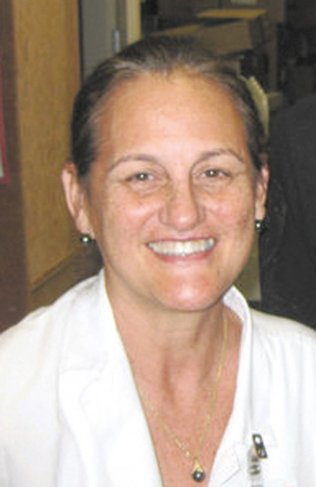Sharing The Gift Of Life, No Matter The Age
By Nola Faria, program director, Hawaii Cord Blood Bank
Hawaii Cord Blood Bank (HCBB) is an independent, nonprofit community-service organization whose mission is to support measures aimed at improving patient access to transplants, including the collection and public banking of umbilical cord blood from Hawaii’s ethnically diverse population.
Unfortunately, just a third of all patients needing a transplant have an appropriately matched related donor. While there are more than 12 million adult donors in the United States (including more than 70,000 in Hawaii Bone Marrow Donor Registry), the racial and ethnic diversity of our local patients continues to pose a special challenge to finding matches.
The blood left over in a newborn baby’s umbilical cord contains the same kind of stem cells as bone marrow. After the baby is delivered and the cord is cut, this blood can be collected and the stem cells processed and frozen.
Stored cord blood stem cells last for decades. If matched, they can be made available to any patient, anywhere, anytime.
Hawaii Cord Blood Bank was founded in July 1998 by Jana Hall, Ph.D. (genetics), and Dr. Randal Wada (pediatric hematology/oncology). The program initially was piloted at Kapiolani Medical Center for Women and Children, but now also is operating at The Queen’s, Kaiser Permanente, Castle, Tripler Army and Maui Memorial medical centers.
The blood left over in a newborn baby’s umbilical cord contains the same kind of stem cells as bone marrow.
Since its inception, HCBB has collected more than 10,000 units and stored approximately 3,100 cord blood units. From these units, 166 donations have been matched and used for lifesaving transplants in patients (from 1 to 70 years old) who might otherwise not have been helped.
Donating umbilical cord blood is safe, free and easy. As one donor commented, “HCBB was wonderful to work with. To think, just a few minutes of my time to answer a few questions and do the collection would mean a life saved.”
Please consider donating your baby’s umbilical cord blood to a public cord blood bank. You also can help by spreading the word to others. Learn more by visiting us at hcbb.org.






